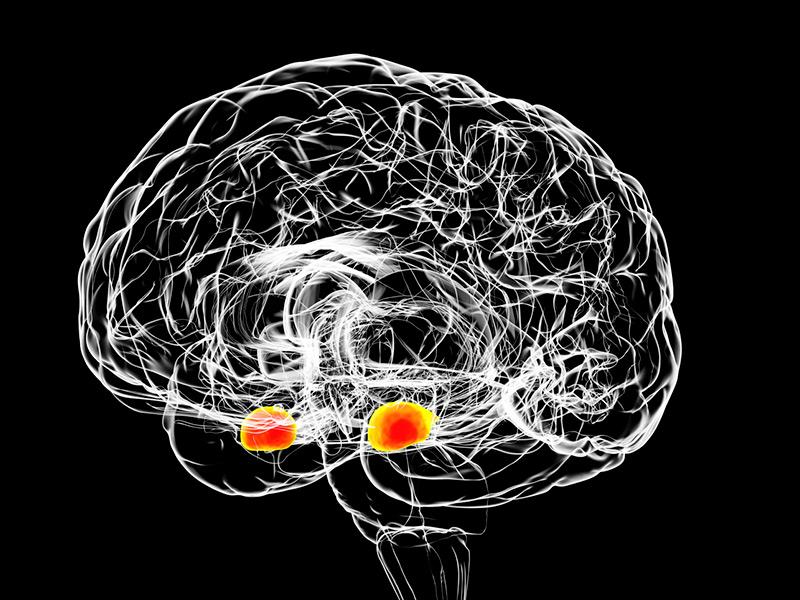How does alcohol’s anxiety reduction differ across sexes?
Anyone can tell you that drinking alcohol can make you feel calmer, but how? Researchers at Tulane University and LSU Health Sciences Center set out to answer that question and found a surprising difference between the male and female brain.
A new study published in the Journal of Neuroscience found that the mechanism that causes alcohol to decrease anxiety when consumed at high levels is different in male and female brains. In fact, one region of the brain in male mice reacted to alcohol, but there was no similar reaction in the same part of the brain in female mice.
Jeffrey Tasker, PhD, the Catherine and Hunter Pierson Chair in Neuroscience in the School of Science and Engineering at Tulane, said that this study is part of his lab's broader research on the effects of stress on the brain.
Researchers from the Tasker lab and the Nicholas Gilpin lab at LSUHSC were focused on a specific area of the brain called the basolateral amygdala, or BLA, which is responsible for emotional processing and forming fear memories. “It does both negative emotional and positive emotional processing,” said Tasker. “It gives kind of an emotional salience to stimuli.”
They found that a high level of alcohol intake caused an inflammatory response that rapidly changed inhibitory synapses, connections in the brain that reduce neuron activity, and thus had a calming effect in the male BLA but not the female BLA. In males, “acute alcohol is exerting its effects, at least in this area, on this circuit, by triggering a rapid neuroinflammatory response,” said Tasker, “that normally requires sort of a long-term, chronic alcohol exposure, at least that’s what we thought.”
In speaking of the difference in reaction between sexes, Tasker said, “Females aren’t responding the same way,” adding that they were not expecting to see sex differences in such a fundamental effect of alcohol.
“What we’re doing is very basic research, trying to understand how alcohol works, where it works, what it’s doing, and how it’s manifesting behaviorally,” Tasker said, so they were surprised to see males and females respond differently.
Tasker stressed that this study does not preclude alcohol’s anxiety-reducing effects in both sexes. They simply found that this specific mechanism in the BLA works in males and not females. It suggests that the way in which alcohol decreases anxiety differs between sexes, which could offer new ways to treat conditions like alcohol use disorder or anxiety.
It is too soon to say what this inflammation means in the long term, but chronic neuroinflammation has been linked to cognitive decline with aging and diseases like Alzheimer’s disease.
This study was funded by a National Institute on Alcohol Abuse and Alcoholism multi-PI award, R01 AA026531, to Nicholas Gilpin at Louisiana State University Health Sciences Center and Jeffrey Tasker at Tulane University.

